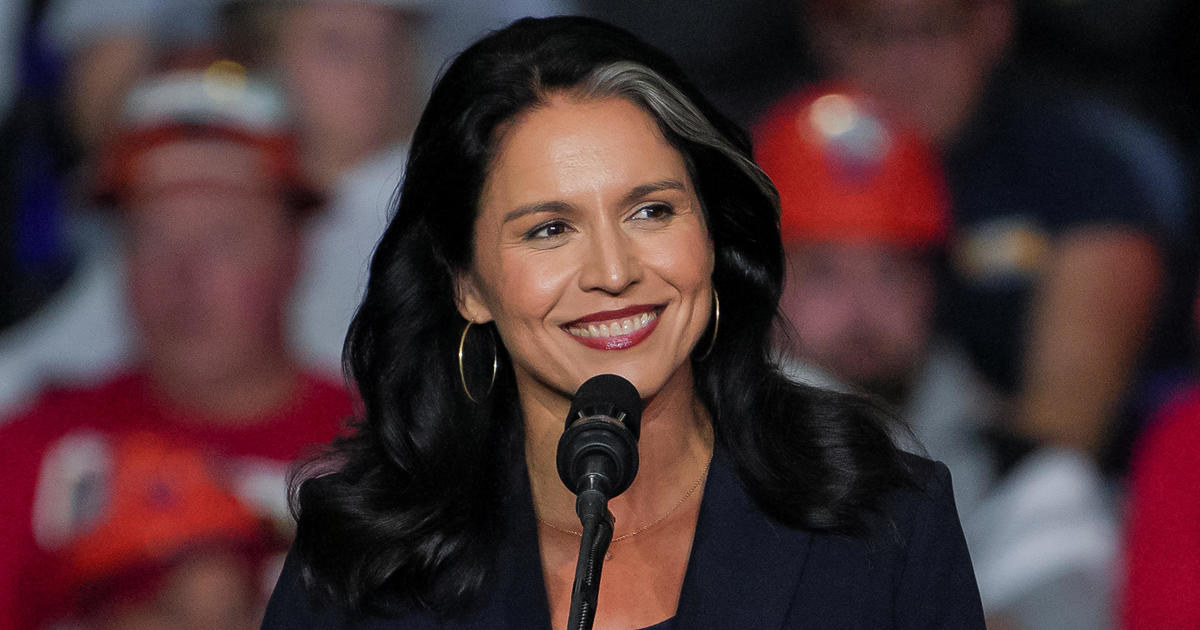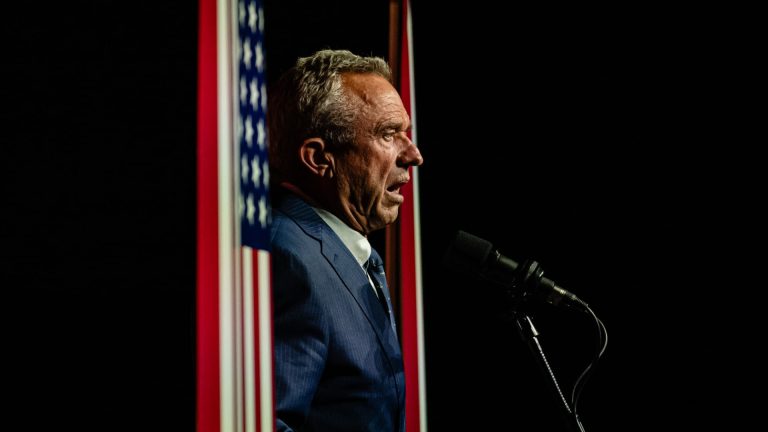In a surprising move, President Donald Trump has nominated former Hawaii Representative Tulsi Gabbard to lead the National Intelligence of the United States. Gabbard was selected by Trump to head the agency, which serves as the principal advisory body to the President, the National Security Council, and the Homeland Security Council for matters related to national security and counterterrorism.
“For over two decades, Tulsi has fought for our country and the freedoms of all Americans,” Trump stated while announcing her nomination. Gabbard, a military veteran and former 2020 Democratic Presidential candidate, brings a wealth of experience to the role. Her time in the U.S. House of Representatives and the military, coupled with her strong focus on national security, makes her a unique choice for the role.
Tulsi Gabbard, 39, served as the U.S Representative for Hawaii’s 2nd congressional district from 2013 to 2021. She was also a major in the U.S Army National Guard and served in combat zones in the Middle East. Her broad perspective – from her experience on the field to her service in Congress and her run for the presidency where she called for an end to ‘regime change wars’ – is seen as an asset by the Trump administration.
While surprising to some, Gabbard’s nomination aligns with Trump’s past consideration of non-traditional candidates for roles within his administration. Gabbard, who gained recognition for her progressive policies during her presidential campaign, had in the past been known to break from Democratic consensus, which makes her a fitting candidate for a president whose governing style was largely unorthodox.
Gabbard’s nomination as Director of National Intelligence is subject to Senate confirmation. During the confirmation process, Gabbard will be expected to field questions from senators about her views on various national security issues. The most robust discussions may involve her perspective on terrorism, intelligence-gathering techniques, and foreign policy concerns, all areas she has shown strong opinion on in the past.
This move, if confirmed, could also signal a potential thawing in relations between Trump and those who have critiqued his administration in the past. Despite her Democratic affiliation, Gabbard has been known to criticise both Republicans and Democrats when it comes to the nation’s foreign wars and military involvement abroad. Nonetheless, her nomination not only proves Trump’s willingness to cross-party lines but also shows his trust in Gabbard’s skills and knowledge in the realm of national security.
As the nomination unfolds, the country will watch keenly to see how Gabbard navigates potential ideological differences within the Trump administration and the broader political environment. Despite these potential challenges, many believe Gabbard’s strong commitment to the country, armed forces, and the safety of American citizens makes her a strong nominee for Director of the National Intelligence.




